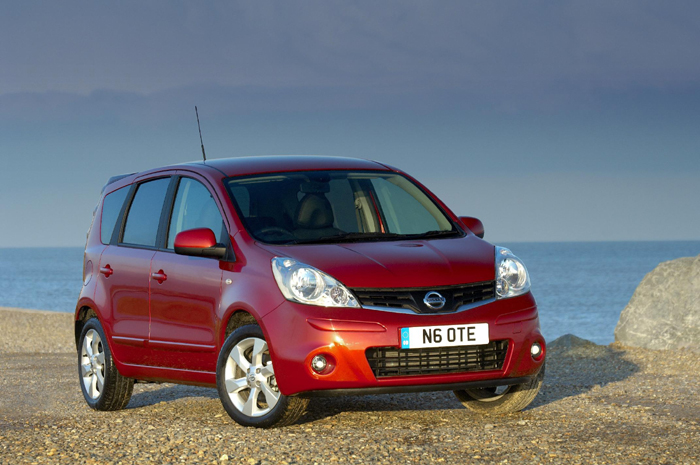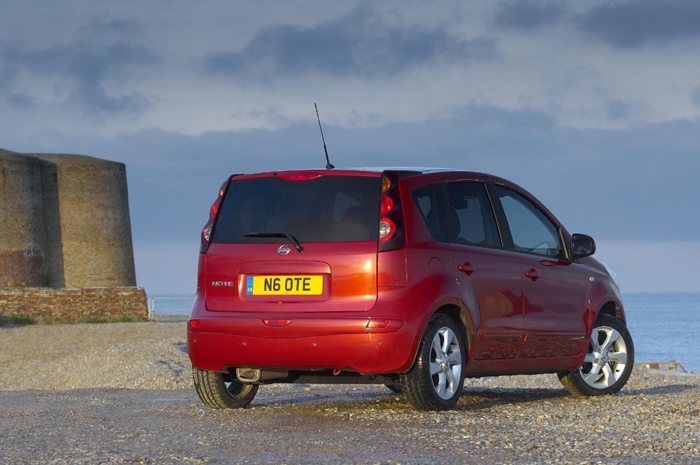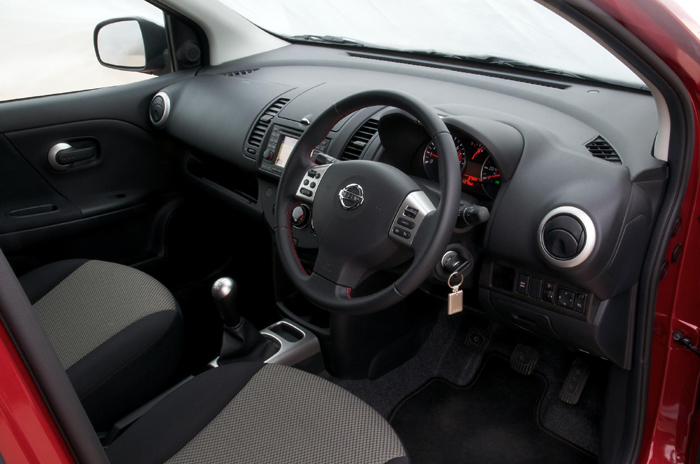Nissan Note Mk1 review (2006-2013)
Makes downsizing worthwhile
What is the Nissan Note?
The Nissan Note is a practical supermini that has been overshadowed by the Vauxhall Meriva, Honda Jazz and Citroën C3 Picasso, all of which are newer and have a higher profile. The Jazz is easily the most versatile of the bunch, but they have all provided serious competition for the Note, which first arrived in 2006.
When the Note first appeared it was equipped with a 1.4 or 1.6-litre petrol engine, or a 1.5-litre diesel — a line-up that remained throughout this first-generation range (Mk2 models arrived late 2013). As with all its rivals, there’s a five-door hatchback only, with a high roofline for greater carrying capacity. It didn’t evolve much, so there aren’t many choices to make in terms of which edition to go for, but it is worth opting for a post-January 2009 car, as these facelifted models are more refined than their forebears. They feature extra standard kit and look a bit classier on the outside and inside.
The facelifted diesel emits just 110g/km of CO2, whereas earlier models emit 136g/km (2006-7) or 129g/km (from December 2007), which bumps up the tax bill a bit. If you like your car to shift gears for you, there is an automatic Note available, but you’ll have to opt for the 1.6-litre petrol engine.
Search for and buy a used Nissan Note
Until summer 2007 there were S, SE and SVE flavours to choose from; it’s worth going for a high-spec car to enjoy a few creature comforts. Entry-level cars have powered front windows, remote central locking, a quartet of airbags and sliding rear seats, but moving up bags automatic lights and wipers, electric rear windows, an electronic stability program, part-leather trim and alloy wheels.
From mid-2007 Nissan moved to the more confusing Visia, Acenta, Acenta S and Tekna hierarchy; once again, entry-level cars have the essentials but not a huge amount more. This time round you need to aim for at least an Acenta; the Acenta S adds automatic lights and wipers, climate control and metallic paint to the already reasonably generous kit levels of the Acenta.
Buy one of these high-spec later cars and you’ll have a family carry-all that’s well equipped, reliable and cheap to buy as well as to run. Sure, it won’t impress the neighbours, but it’s cars such as the Note that make the downsizing trend understandable. Combining a cleverly designed interior with discreet good looks, this Nissan is inconspicuous but talented. Once you’ve tried one, you’ll wonder why you don’t see more of them.
What to look out for when buying a used Nissan Note
Nissan’s reputation for building dependable cars is well deserved, but the Note isn’t infallible. Windscreens have a habit of cracking, and steering racks can wear out disappointingly quickly. The electrics are another weak spot — especially the stereo and powered windows — and the air-con system can leak, so check for water in the footwells. Also look at the condition of the engine’s drive belts; they have a habit of wearing out quickly.
The One to Buy
Nissan Note 1.5 dCi Acenta
Specifications
- Engine:
- 1461cc, 4 cylinders
- Power:
- 89bhp @ 3750rpm
- Torque:
- 148 lb ft @ 1900rpm
- Transmission:
- 5-speed manual
- Acceleration:
- 0-62mph in 12.8sec
- Top Speed:
- 104mph
- Fuel
- 67.3mpg (combined)
- CO2:
- 110g/km
- Road Tax Band:
- B
- Dimensions:
- L 4100mm, W 1690mm, H 1550mm
Nissan Note rivals
Honda Jazz (click here for used prices on driving.co.uk)
Citroën C3 Picasso (click here for used prices on driving.co.uk)
Vauxhall Meriva (click here for used prices on driving.co.uk)







